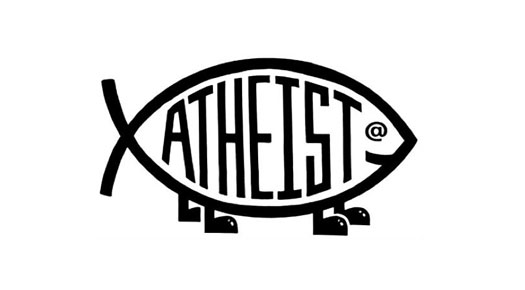
For the third consecutive year and for the first time in Pittsburgh, a coalition of agnostics, atheists, humanists, freethinkers and other skeptics of the supernatural gathered for an annual conference on August 29. Amidst comedians’ routines and musicians’ performances, those who had gathered at the Double Tree by Hilton, heard speakers raise concerns about a variety of topics such as the treatment of women within religious communities and the promotion of creationism in schools.
The Pennsylvania State Atheist/Humanist Conference, that spanned over three days, aimed at reassuring skeptics that they too can be ethical without necessarily abiding by a single religious worldview. According to the conference’s website, it aims at promoting humanist values, evidence-based thinking, acceptance of all individuals, separation of church and state and moral inspiration for individuals who reject supernaturalism.
Ann Norman, who was one of the organizers for the conference, said she is one of the many people that are declaring themselves atheists despite the risk such declarations bring along, especially when one has to deal with religious family members and friends.
“A lot of people felt very lonely because their whole life, [religion] never made sense to them. They were made to feel ashamed. Finally, we look up and go, ‘Wait a minute, maybe it’s not us, maybe it’s them,’” she said.
A 2012 survey found approximately 20 percent Americans do not believe in organized religion and about five percent declare themselves atheist or agnostic. Even though they continue to be a very small number, both the unaffiliated as well as the smaller core group of atheists and agnostics seem to be growing in forthrightness and outspokenness.
Photo Credits: Born Atheist
